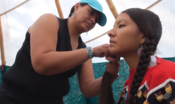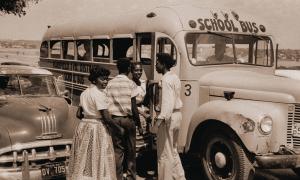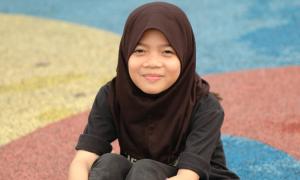text
Informational
Alice, The Negro
Recounting a selective portion of an enslaved woman’s life, this brief biography also serves as a reflection of what mainstream society deemed “worthy” during the early to mid-19th century. Precisely because Alice supposedly embodied characteristics that were both exceptional and ordinary, her story offers a useful lens to consider how slavery was understood in its time.
December 15, 2017


